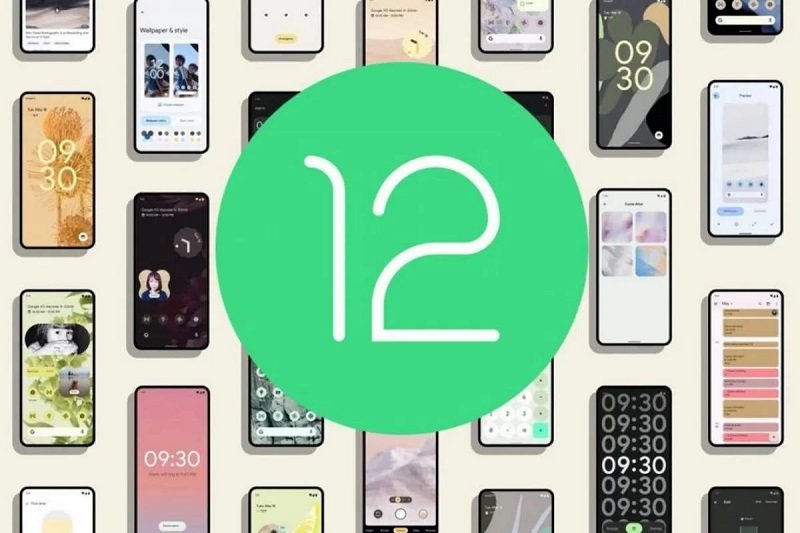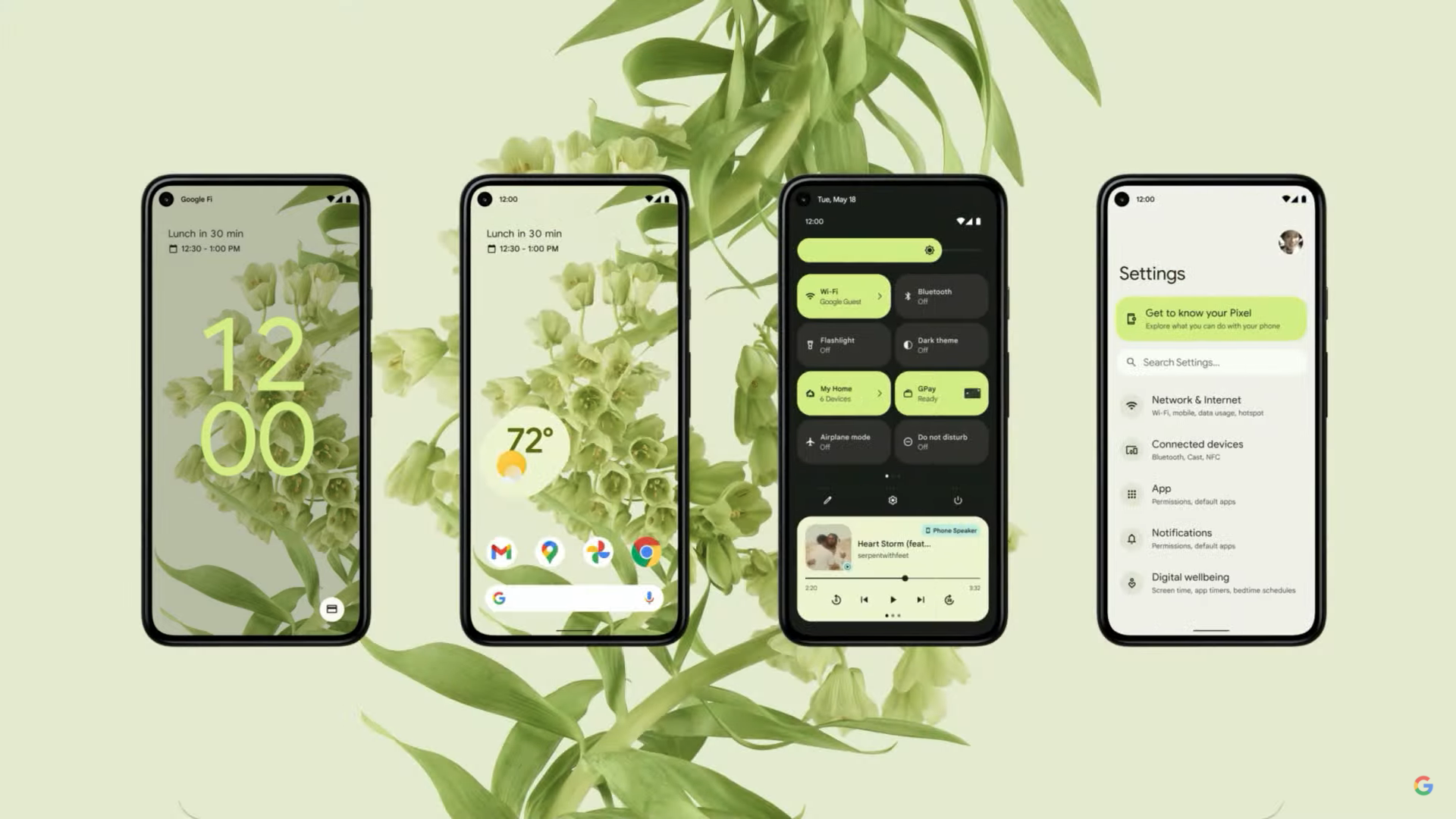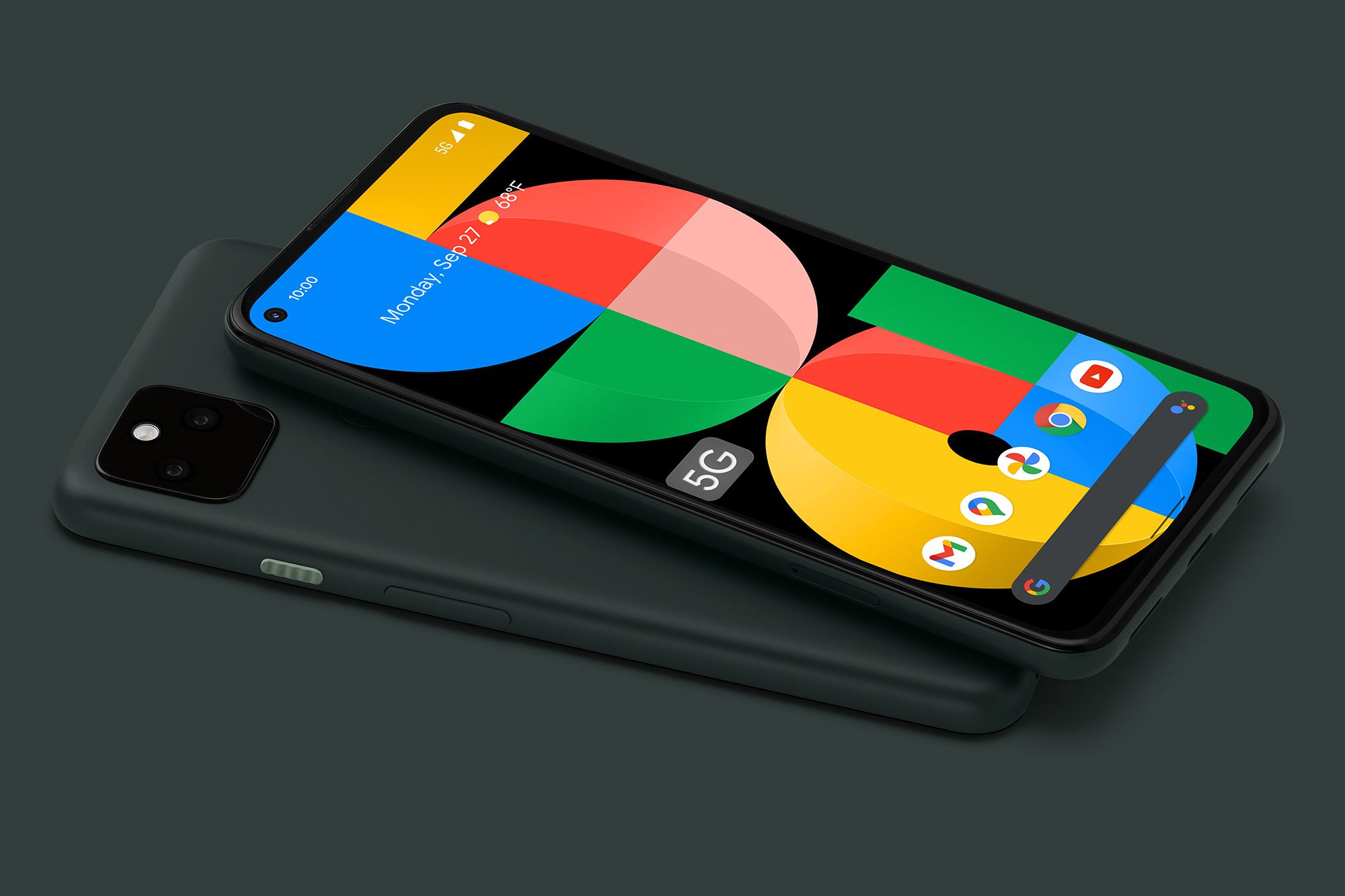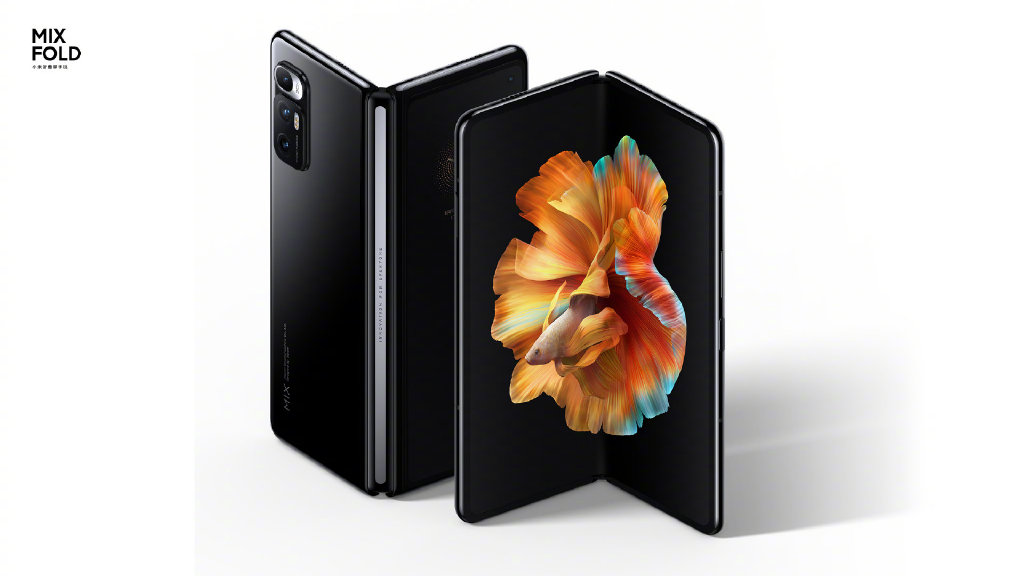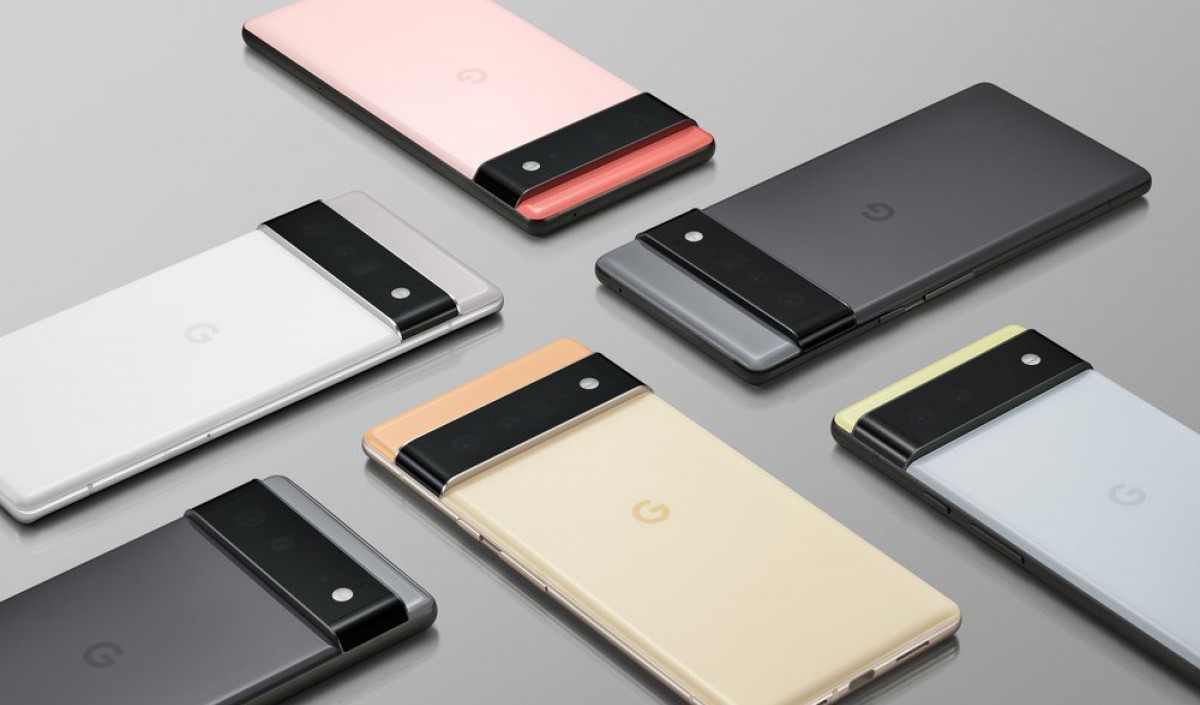Google previously introduced Android’s Private Compute Core in the Android 12 Beta. Recently, it officially announced the launch of a new set of Private Compute Services that can build a privacy bridge between the private computing core and the cloud.
The core of Android’s privacy computing is an open source, secure environment, isolated from other operating systems and apps. For each new Android version, Google will add more privacy protection features to the privacy computing core.
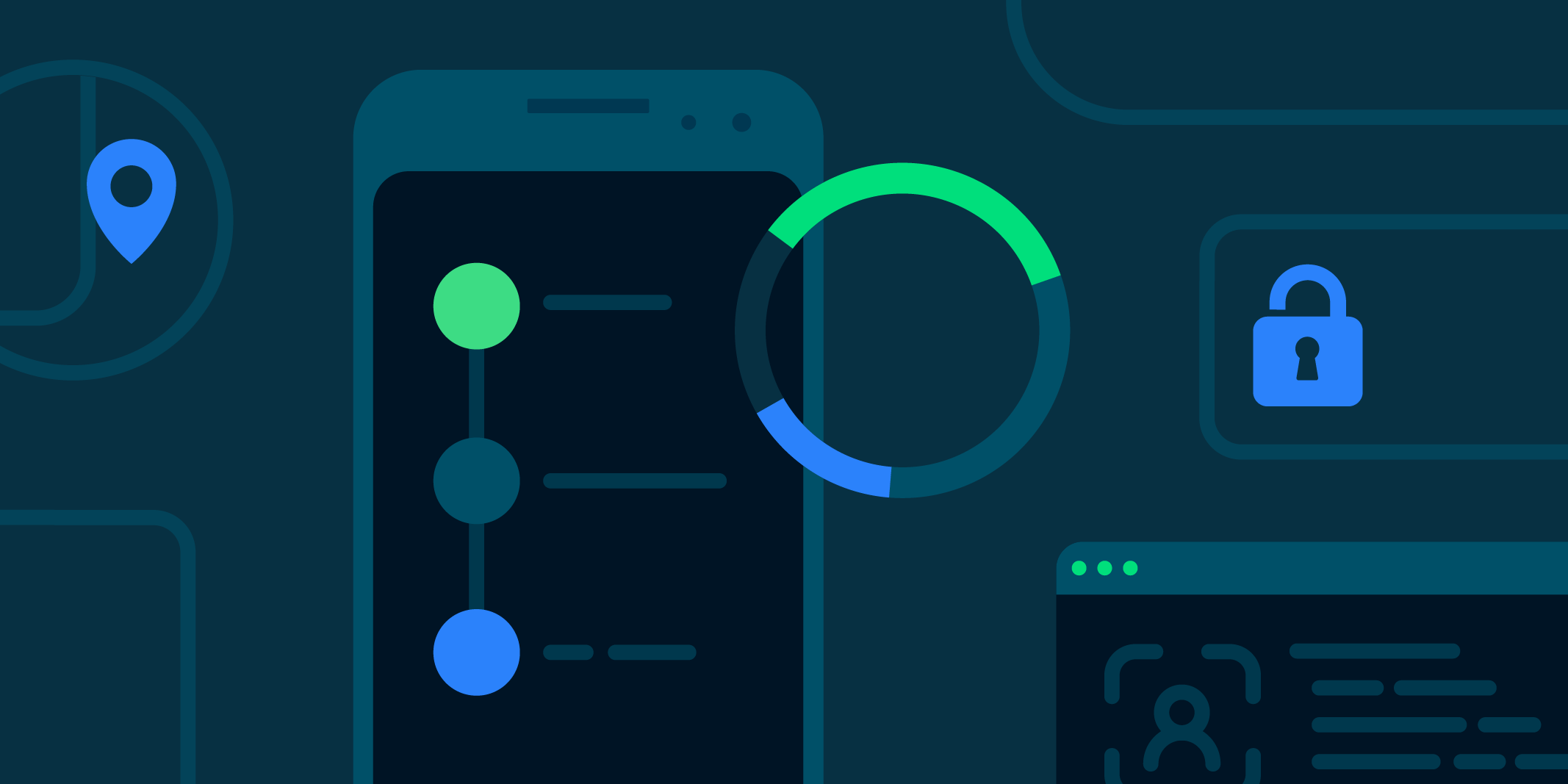
The privacy protection features added this time include:
Live Caption: Use Google’s voice recognition to add subtitles to media.
Now Playing: Recognize the music being played nearby and display the song name and artist name on the device’s lock screen.
Smart Reply: Suggest a reply based on the user’s conversation in the messaging application.
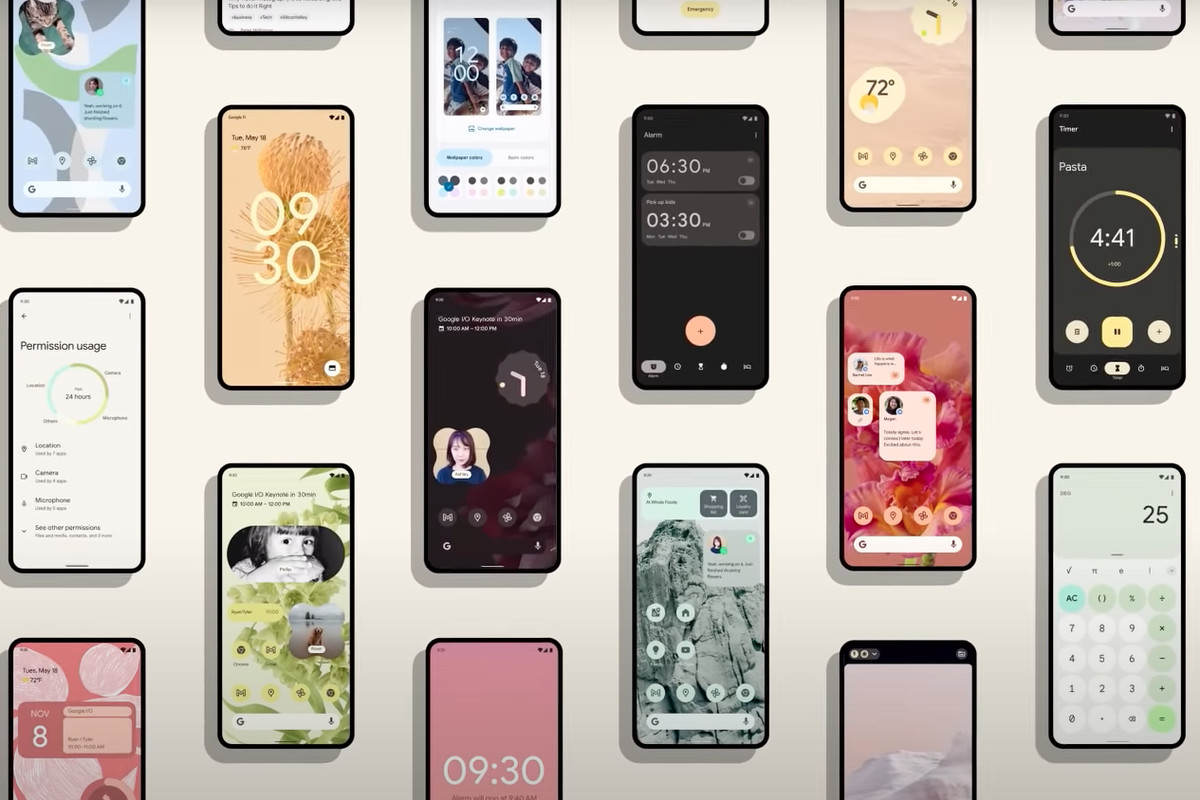
To make these functions private, they must:
Keep the information on the device confidential: Android can ensure that the sensitive data processed in the privacy computing core will not be shared with any App at will. For example, before the user clicks on Smart Reply, the operating system will hide the user’s reply from the keyboard and the app you are typing.
When the user’s device uses the cloud (downloading a new song catalog or voice recognition model), privacy will not be affected. With the privacy computing service, Android will prevent any functions in the privacy computing core from directly connecting to the Internet.
On the contrary, it will communicate with private computing services through a group of purposeful open source APIs. The private computing services strip away identifying information and use a set of privacy technologies, including joint learning, joint analysis, and private information retrieval. Google promised to publicly release the code of the private computing service so that security researchers and other teams outside of Google can review it.
